 I am 18 years old, walking through the streets of Amsterdam where I have just started university. An old man passes who is whistling happily. In passing he looks over to me. “You better stay cheerful, son,” he says. “Life is over before you know it. I still remember the time I was your age like it was yesterday. And now I’m sixty-five years old!” It’s more than 13 years ago, but I still remember the incident so clearly. Indeed, like it was yesterday. The old man’s wise words prove themselves as I recollect the memory.
I am 18 years old, walking through the streets of Amsterdam where I have just started university. An old man passes who is whistling happily. In passing he looks over to me. “You better stay cheerful, son,” he says. “Life is over before you know it. I still remember the time I was your age like it was yesterday. And now I’m sixty-five years old!” It’s more than 13 years ago, but I still remember the incident so clearly. Indeed, like it was yesterday. The old man’s wise words prove themselves as I recollect the memory.
He was right of course. Time is a funny thing. So is memory. Scientific research among elderly people has shown that we remember the years around our twentieth year best, because that is the time when we usually experience the most change. We move away from home, start a new life and leave the last lingering remains of childhood behind to face our new role as adults. Those changes leave the deepest imprints on our memory. And unless we become ardent world travelers or adventurers, the wheels of our life again find the grooves of habit and the rest of our life passes by in a rushed blur—or so it seems to our memory, as it did to the old man I passed in the street.
Time is always intertwined with change. Although time itself is invisible, change is its visible footprint. We notice time’s passing by the changing positions of the hands of the clock. Time makes itself known as day changes into night and night into day. As winter’s cold abates and trees grow back their leaves. But time itself is ever elusive. It works secretly, a noiseless force shaping fate. We only notice it when it has completed its task.
Can we ever catch time red-handed? Right in the middle of its life-changing work, when its agile hand pulls the levers of the universe? I have concentrated on the minute hand of a church clock to see if I could catch it moving, ever so subtly. I couldn’t, although I stared for minutes. But when I looked away for five minutes and then looked back the hand had suddenly moved. Such conspiracy!
Just as I could not catch the hands of the clock moving, I also cannot catch my life changing. Still it does change continuously, as one firm look into the past proves. The years tell what the days withhold, as an old German saying goes. In matters of our human life time also proves itself a humble worker, never to be seen or heard. Does it really exist then? According to spiritual philosophy only the present is real. Sri Chinmoy speaks of the ‘eternal Now’. The past and the future are mere railroad tracks; the present moment is where the train really is. But because it is so difficult to be in that present moment we have created the past and the future and put solid labels on them, almost as excuses for the restless nature of our mind so helplessly attached to anything but the here and now. But really we are talking about illusions. Only the here and now is real.
What a blessing is meditation then, for teaching our mind to sit still and enjoy the fullness of that eternal Now. In my best moments seated on my meditation cushion I feel like a child again, safely anchored in the heart where the Now abides. Not a care or worry in the world—they belong to the past and future. I am a child again, rowing my boat on the gentle stream of life. With next to me my mother, showing me how to steer the boat. This is how life should be. A safe and happy journey on the ever-changing river of time.
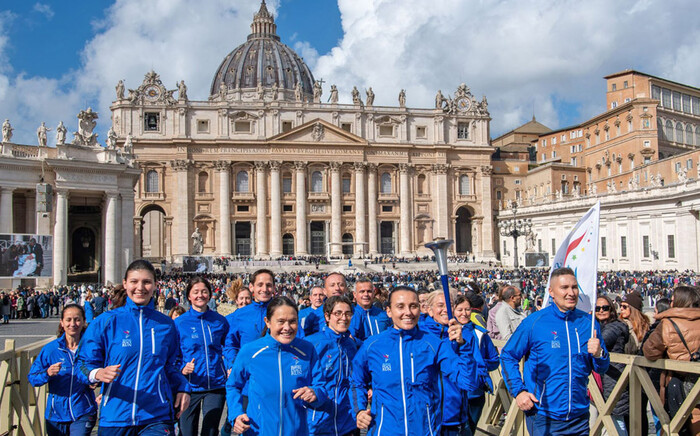
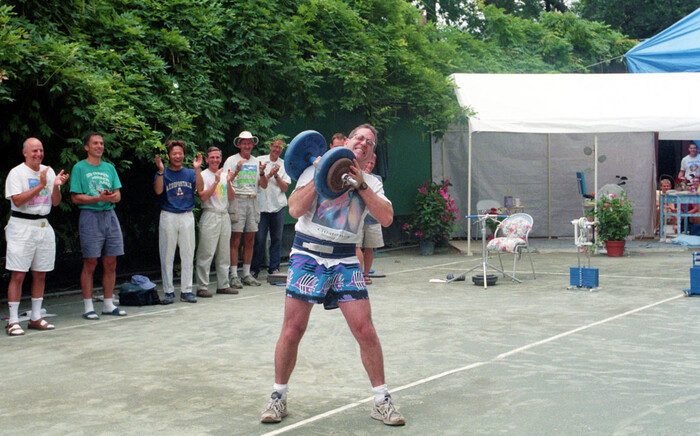
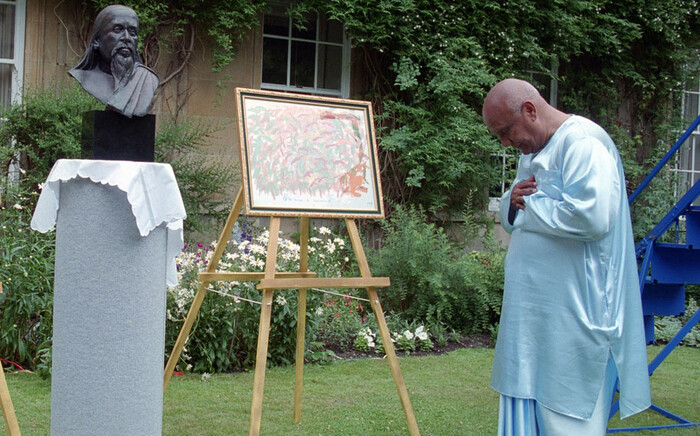

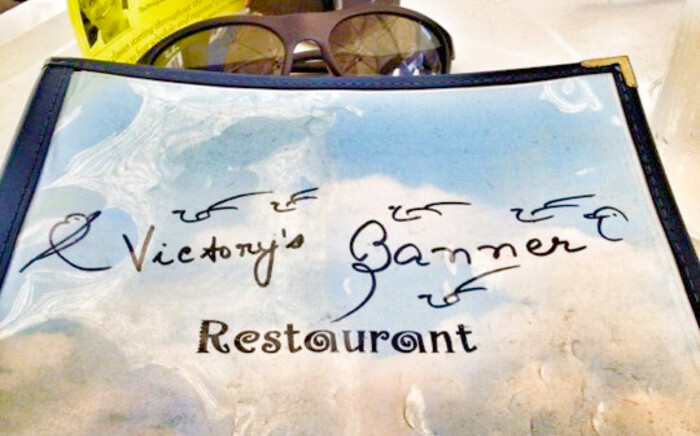





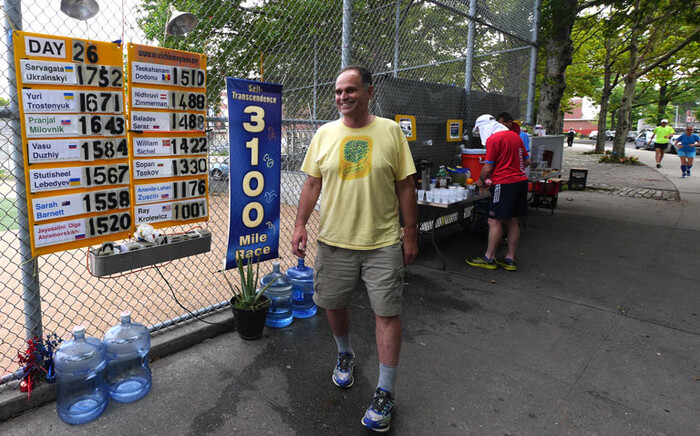


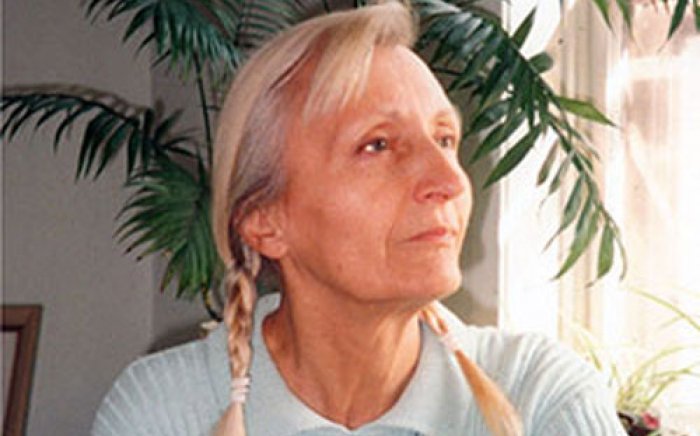

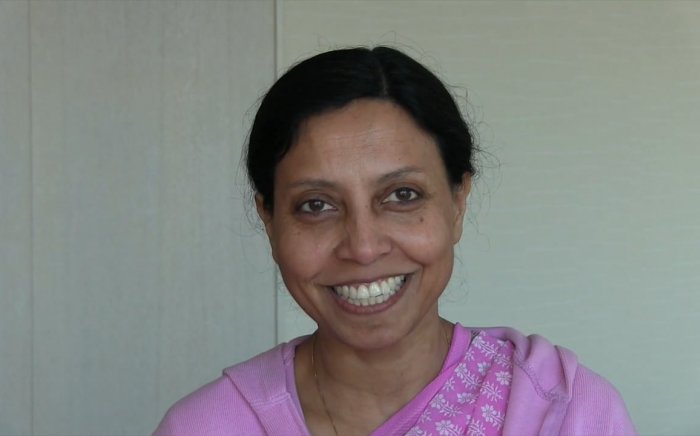






 I am 18 years old, walking through the streets of Amsterdam where I have just started university. An old man passes who is whistling happily. In passing he looks over to me. “You better stay cheerful, son,” he says. “Life is over before you know it. I still remember the time I was your age like it was yesterday. And now I’m sixty-five years old!” It’s more than 13 years ago, but I still remember the incident so clearly. Indeed, like it was yesterday. The old man’s wise words prove themselves as I recollect the memory.
I am 18 years old, walking through the streets of Amsterdam where I have just started university. An old man passes who is whistling happily. In passing he looks over to me. “You better stay cheerful, son,” he says. “Life is over before you know it. I still remember the time I was your age like it was yesterday. And now I’m sixty-five years old!” It’s more than 13 years ago, but I still remember the incident so clearly. Indeed, like it was yesterday. The old man’s wise words prove themselves as I recollect the memory.